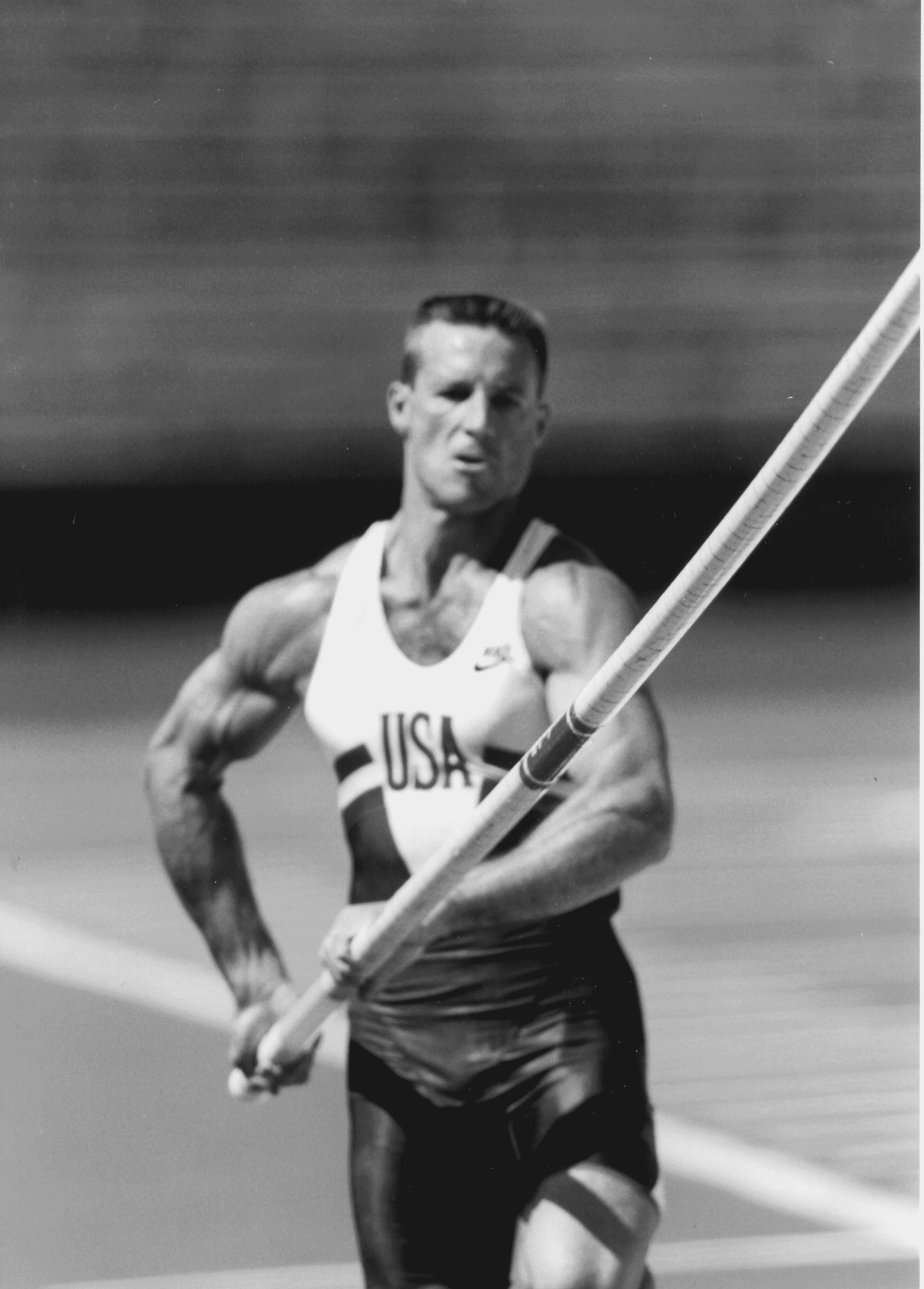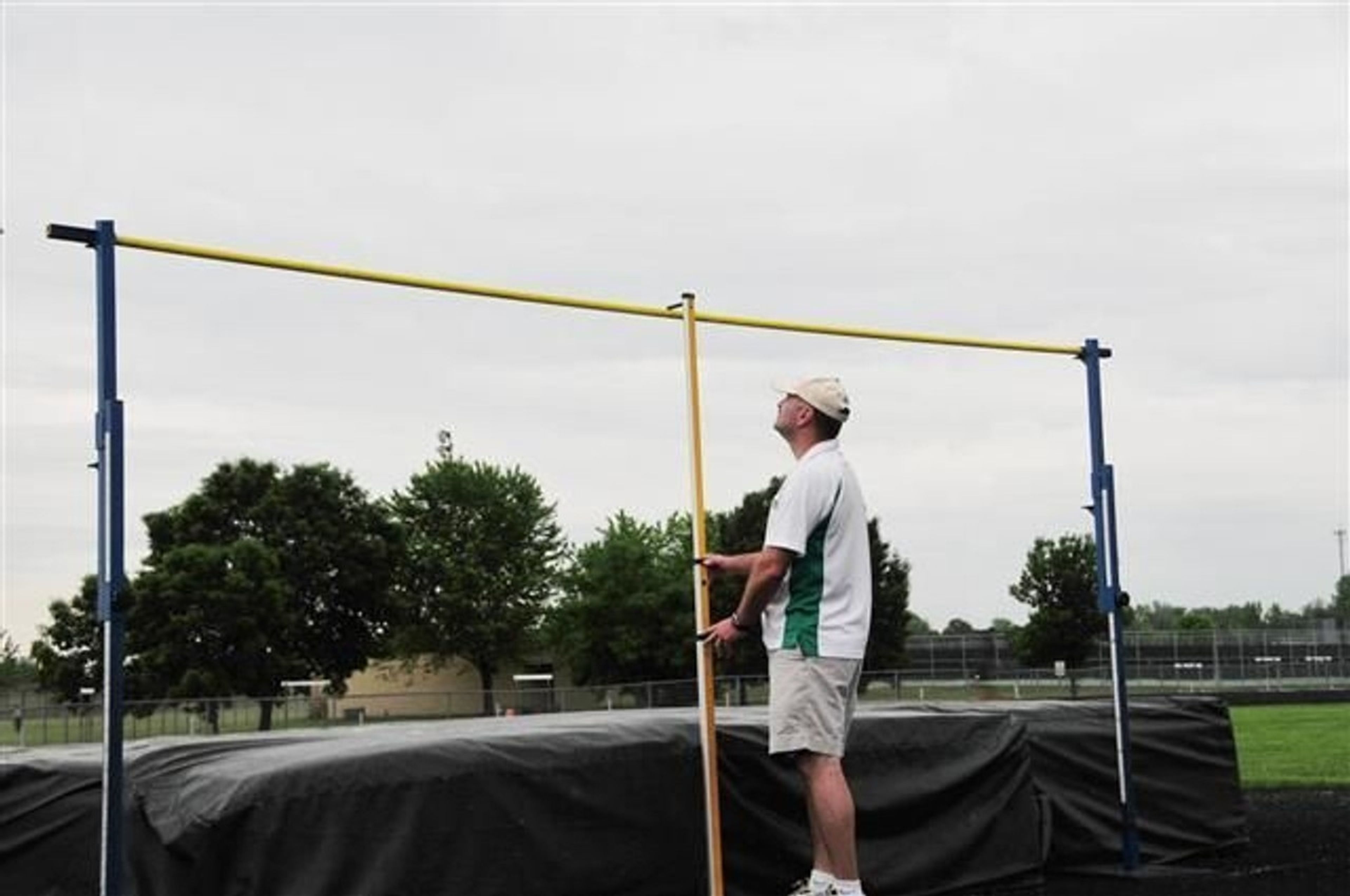The Secret Weapon of Track and Field: How Sports Psychology Elevates Performance
Discover how sports psychology transforms track and field athletes into champions, emphasizing mental toughness, visualization, and emotional control as key elements in achieving peak performance.
When an athlete steps onto the track, the weight of the moment presses down like an invisible force. Whether it's the rhythmic pounding of spikes on the tartan track or the delicate grip on a fiberglass pole, success hinges not just on physical prowess but on mental fortitude. For track and field athletes, especially those in the high-stakes world of pole vaulting, sports psychology isn't just a supplement to training—it's the secret weapon that separates good from great, and great from legendary.
The Mental Demands of Track and Field
Track and field is often romanticized as a pure test of speed, strength, and endurance. However, as the world’s top sports psychologists will tell you, the mental demands are just as taxing. Dr. Jim Afremow, renowned sports psychologist and author of The Champion’s Mind, emphasizes the importance of mental toughness. “Mental toughness is believing you will prevail, no matter what the score is. It’s about having the mental strength to keep going when things aren’t going your way,” Afremow explains.
This mental toughness is critical for athletes across all track and field disciplines. The ability to maintain focus amidst the chaos of competition, to stay confident despite setbacks, and to manage the inevitable nerves that accompany big moments are all essential traits. Dr. Colleen Hacker, a sports psychology veteran who has guided teams to Olympic gold, adds, “Pressure is a privilege. It means you’re in a position to do something great. The key is to embrace it rather than shy away from it.”
Building the Champion’s Mindset
At the heart of any successful athlete’s journey is a mindset focused on growth and improvement. Dr. Michael Gervais, who has worked with NFL teams and Olympic athletes, highlights the importance of a growth mindset in achieving elite performance. “You can’t achieve greatness with a fixed mindset. You need to embrace the idea that you can always improve, that effort and learning are the keys to success,” Gervais notes.
This mindset is cultivated through deliberate mental training, which includes goal setting, visualization, and self-talk—tools that help athletes build confidence and resilience. Dr. Stan Beecham, another leader in the field of sports psychology, emphasizes the role of confidence in athletic performance: “Confidence is not something you’re born with; it’s something you earn through preparation and repetition. The more you practice under pressure, the more confident you’ll become.”
For pole vaulters, who face the dual challenge of technical precision and the ever-present risk of failure, this confidence is indispensable.
The Art and Science of Visualization
Visualization is one of the most powerful tools in an athlete’s mental toolkit. It’s not just about seeing success; it’s about experiencing it in your mind before it happens in reality. “See the success you want in your mind's eye before it happens in reality. Your brain can’t tell the difference between a vividly imagined experience and a real one,” says Dr. Afremow.
Pole vaulters, in particular, benefit from this technique. The sport requires a complex sequence of movements, from the explosive run-up to the precise plant and vault. Visualization allows vaulters to rehearse these movements mentally, ensuring they’re prepared when it’s time to clear the bar. Dr. Ken Ravizza, a pioneer in sports psychology, believed in the power of mental preparation. “You can’t just hope to perform well under pressure; you have to prepare mentally for those moments. It’s about creating routines that put you in the right mindset,” he said.
Focus and Emotional Control
In track and field, focus is everything. Whether you’re sprinting down the track or preparing for a jump, the ability to block out distractions and concentrate on the task at hand is crucial. Dr. Gervais emphasizes this: “The ability to focus on what’s important in the moment, to the exclusion of everything else, is what separates good from great athletes.”
For pole vaulters, maintaining this focus during competition is vital. Each attempt is a high-stakes moment, where even a slight lapse in concentration can mean the difference between success and failure. “Stay in the moment. The only play that matters is the next one. Everything else is a distraction,” Dr. Ravizza advises.
But focus isn’t just about concentration—it’s also about emotional control. Pole vaulting is inherently risky, and fear is a constant companion. “Fear is a natural response, but it doesn’t have to control you. Learn to acknowledge it, but don’t let it dictate your actions. Great athletes use fear as fuel,” says Dr. Beecham.
Conclusion
In the world of track and field, and especially in the high-flying, high-stakes world of pole vaulting, the mind truly is the most powerful tool an athlete has. The best athletes don’t just train their bodies—they train their minds to be resilient, focused, and fearless.
As Dr. Gervais puts it, “The greatest victories are won in the mind first. If you can master the mental game, the physical game will follow.”
For pole vaulters, and indeed for all track and field athletes, the path to greatness isn’t just about clearing higher bars or running faster times—it’s about developing the mental toughness, focus, and resilience to perform at your best, no matter what challenges lie ahead. The mind of a champion is built through consistent mental training, and it is this mind that will ultimately propel athletes to new heights.









